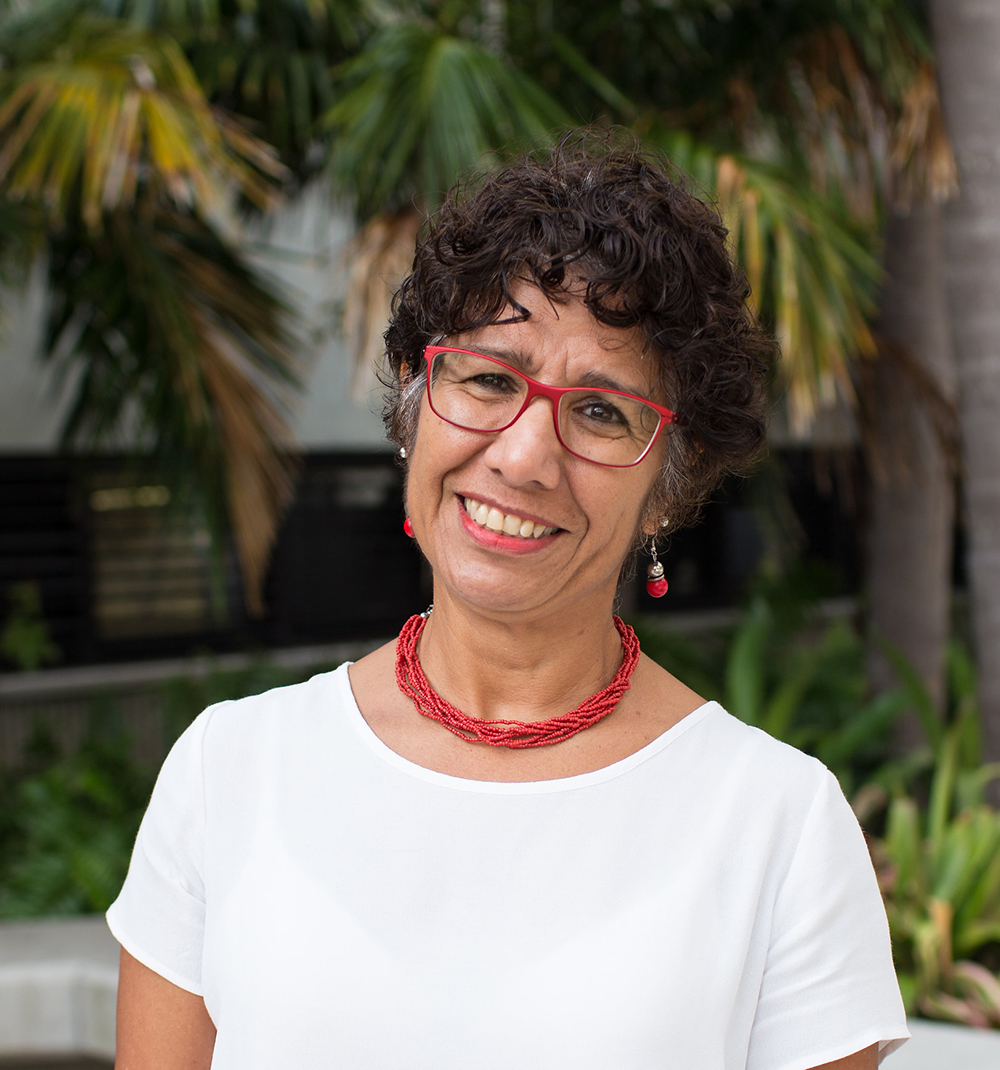Our coastal systems are changing in different directions and responding to different stressors and contexts. What kind of information can macroalgae tell us about the status and community shifts in different coastal environments? In our lab we are interested in a wide range of questions:
- Develop macroalgal indicators that will allow us to detect changes in coastal waters in Biscayne Bay and Florida Bay.
- Understand the role of macroalgae in a coral reef system context. We are studying macroalage as indicators of phase-shifts and resilience.
- What can macroalgae tell us about acidification of the oceans and coastal lagoons?
- Are community level studies relevant to present ecological questions?
- We are also interested to find ways to deliver our findings to managers, and stakeholders affected by coastal alterations. Working with Marine Parks is one of our highest priorities. We learn by sharing.
In the Marine Macroalgae Research Laboratory, we have a passion for nature. We are looking to share our findings and work on new challenges.
Ligia Collado-Vides
Teaching Professor
305-348-2274
colladol@fiu.edu
OE 211, OE 250, OE 264, OE 256A
As a unique macroalgae group in the Miami region, we have the long-term goal of describing and archiving the macroalgal species in our region.
- Biscayne Bay: Macroalgae as indicators of change in salinity and nutrients is the main objective of this project as we study the effects of the Coastal Everglades Restoration Program (CERP) within the Bay. This project is being conducted in collaboration with Dr. Lirman from the University of Miami. A community-level approach with nutrient content analysis of some species is being used as tools in the search of macroalgal indicators.
- Florida Bay: We are involved in two main projects in Florida Bay.
- As a collaborator of the Florida Coastal Everglades Long Term Ecological Research Program (FCE LTER), we are conducting a long-term monitoring of calcareous green macroalgae including studies on productivity and calcification rates.
- In collaboration with the FIU Seagrass Ecosystems Research Laboratory, we are analyzing results of a nutrient enrichment on seagrass beds in 6 different sites along a salinity-nutrient gradient. Community and nutrient content analysis of dominant species is being analyzed.
- National collaborations include work with the PhycoLab at the University of Alabama, the Suzanne Fredericq's Seaweeds Lab at University of Louisiana at Lafayette, among others.
- International Collaborations: The projects conducted at home are complemented with international collaborators in Brazil, Venezuela and Mexico.
